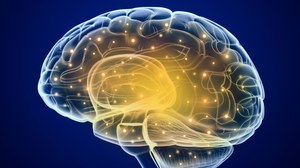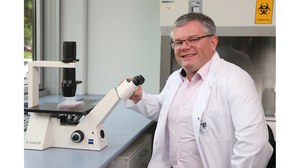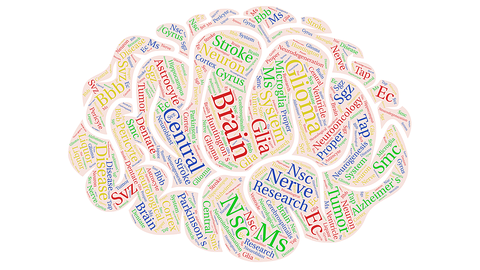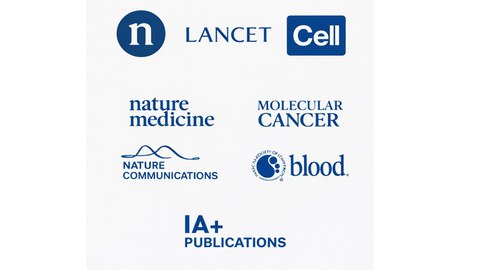Research Mission
Research in the Institute of Anatomy (IA+) focusses on the understanding of central nerve system (CNS) plasticity and the cure of its diseases. Questions of life sciences and translational research approaches are applied with the aim of contributing to the cure of patients.
 © PantherMedia
© PantherMedia
Research
Research in the Institute of Anatomy (IA+) focusses on the understanding of central nerve system (CNS) plasticity and the cure of its diseases. Questions of life sciences and translational research approaches are applied with the aim of contributing to the cure of patients. In particular, researchers in the lab analyze I) how malignant brain tumors (e.g., glioma) form and how they can be treated beyond conservative medicine. In particular, we analyze molecular drug targets that affect the tumor microenvironment or the tumor vasculature to allow malignant glioma to evade patients’ immune system. Further, we study II) how neural stem cells are regulated in the adult brain, what influence newborn neurons have on homeostasis or allostasis in the adult brain (e.g., in resilience disorders) and whether these cells may be exploited for the cure of neurodegenerative diseases (e.g., Alzheimer’s or Parkinson’s disease). III) Last, researchers focus on exploring the molecular causes of neurovascular (e.g., stroke) and neuroinflammatory diseases (e.g., multiples sclerosis) and how these illnesses can be prevented, cured or at the least, how their detrimental effects on the brain can be attenuated. Our highly translational approach combines basic and applied science for the sake of helping people.
The IA+ studies molecular signal transduction processes that are mediated by proteins secreted by cells or localized in their plasma membrane. These molecular targets offer the advantage of being druggable from the cellular exterior. Examples of signaling modules analyzed are epidermal growth factor (EGF)/EGF receptor (EGFR)-, EGF-like protein 7 (EGFL7)/Notch-, or extracellular matrix (ECM)/integrin-mediated signaling pathways. The IA+ cover a broad range of life science techniques ranging from biochemical analyses via advanced imaging and in vivo models to the analysis of human specimens.
We are part of a close international research network, comprising mostly groups from Germany, the European Union, Switzerland or the USA and participate in the CRC1080 “Molecular and Cellular Mechanisms of Homeostasis” as well as the CRC1292 „Targeting convergent mechanisms of inefficient immunity in tumors and chronic infections“.




